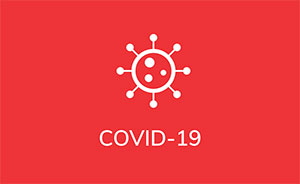The chances are strong that you are Vitamin D deficient. If you are, you’re not alone. Vitamin D deficiency is a significant public health problem worldwide, irrespective of geography. The negative implications of vitamin D deficiency have been reaffirmed in a just-published study out of Israel, which evaluated over 1,100 hospitalized patients for COVID-19. Results from the study show what’s long been suspected: insufficient levels of this most important of all the fat-soluble vitamins are at significantly increased risk for contracting SARS-CoV-2. In this study, patients with vitamin D deficiency (<20 ng/mL) were 14 times more likely to have severe or critical disease than patients with 25(OH)D ≥40 ng/mL Mortality among this group of patients with low levels was 25% as compared to just 2.3% among patients with normal levels of Vitamin D.
Most labs indicate the standard normal range of Vitamin D between 30.0 – 100.0 ng/mL., which is arguably conservative. A simple blood test can screen for Vitamin D insufficiency. Vitamin D plays a vital role in modulating the immune system. Thus it is essential for the immunocompromised, including those of us with chronic lymphocytic leukemia/small lymphocytic lymphoma (CLL / SLL), to have their Vitamin D level checked and, if necessary, boost levels through nutritional supplementation.
This is one easy move to improve our odds with COVID.
Here is the original article: Pre-infection 25-hydroxyvitamin D3 levels and association with severity of COVID-19 illness.
Stephen Feldman
CLL Society Senior Support Group Advisor



